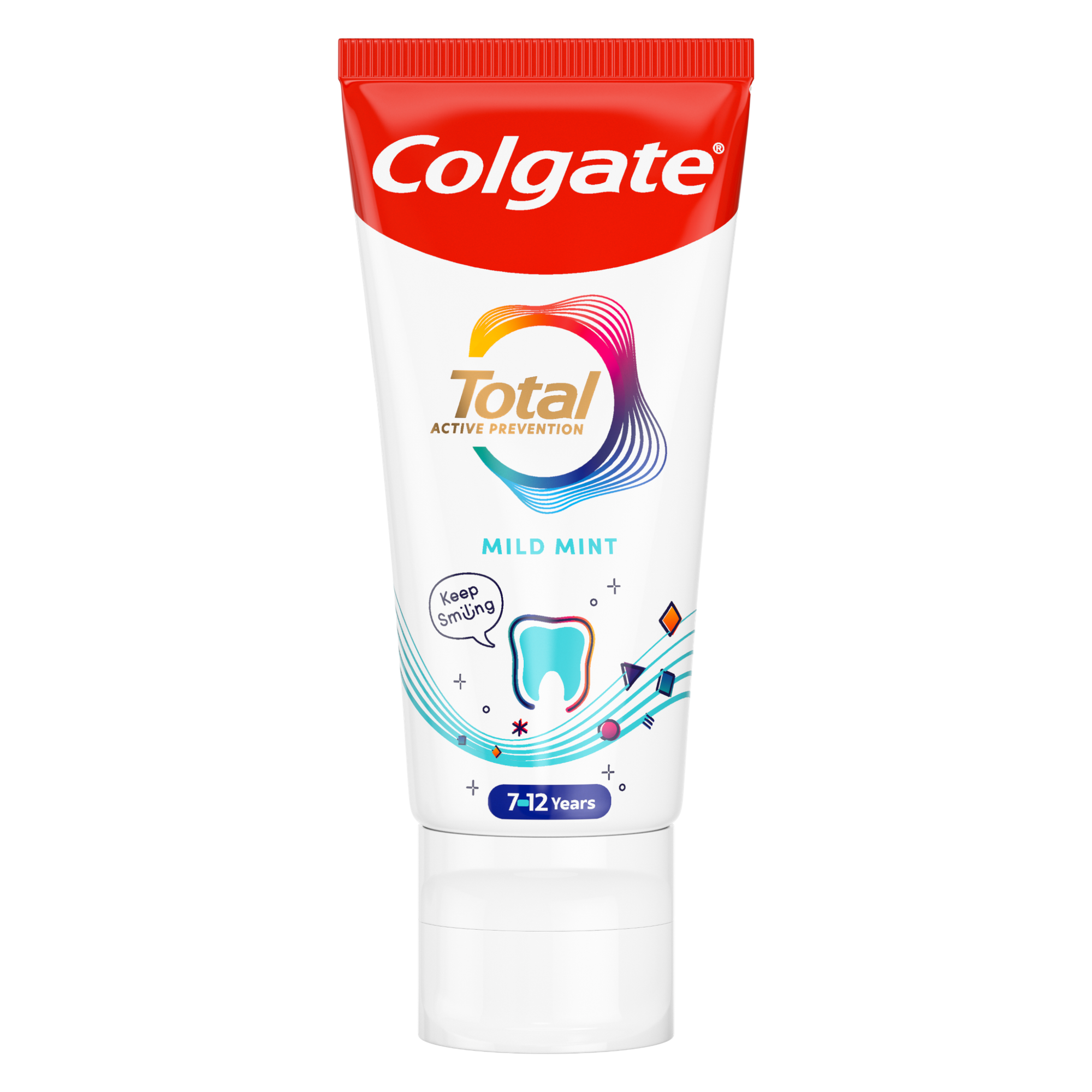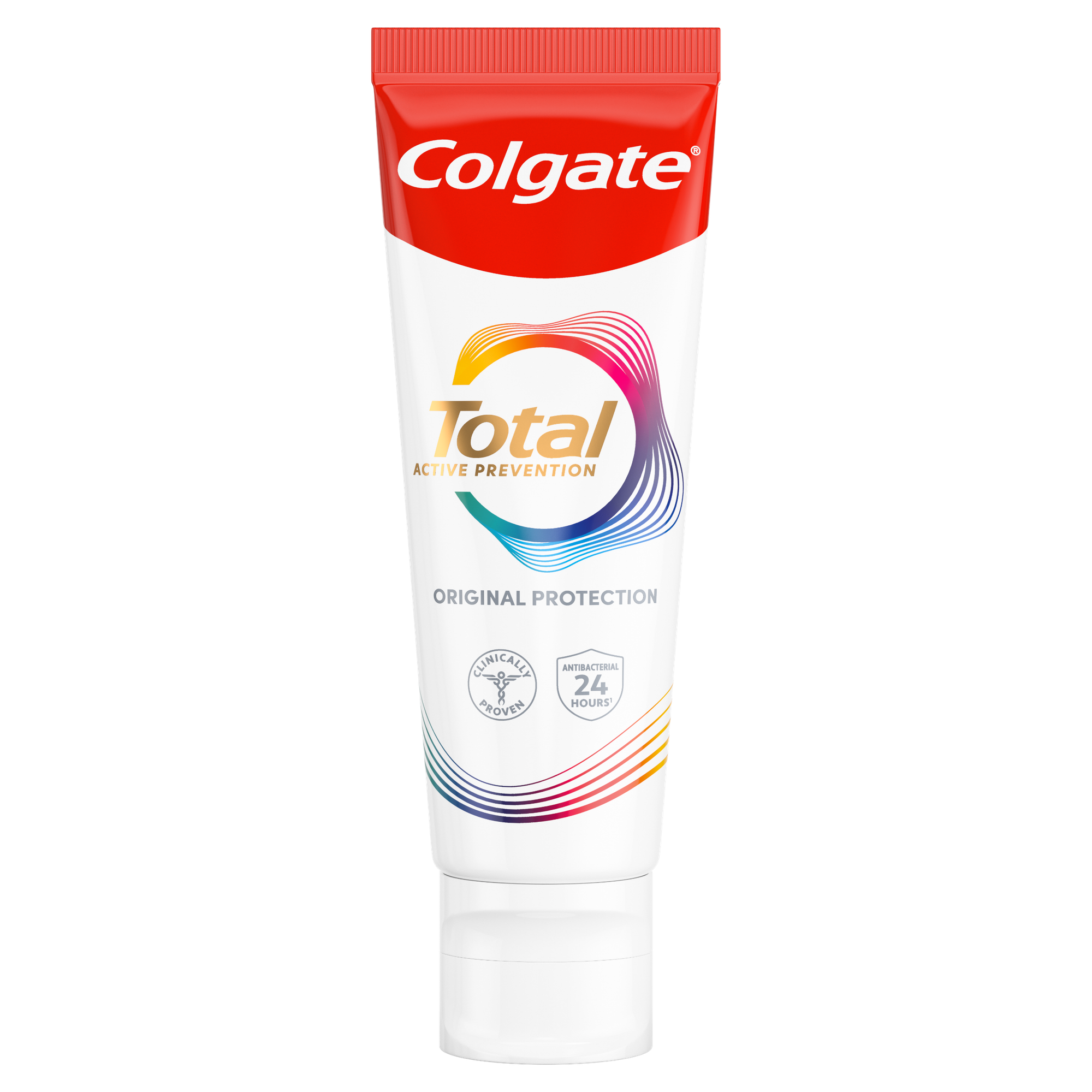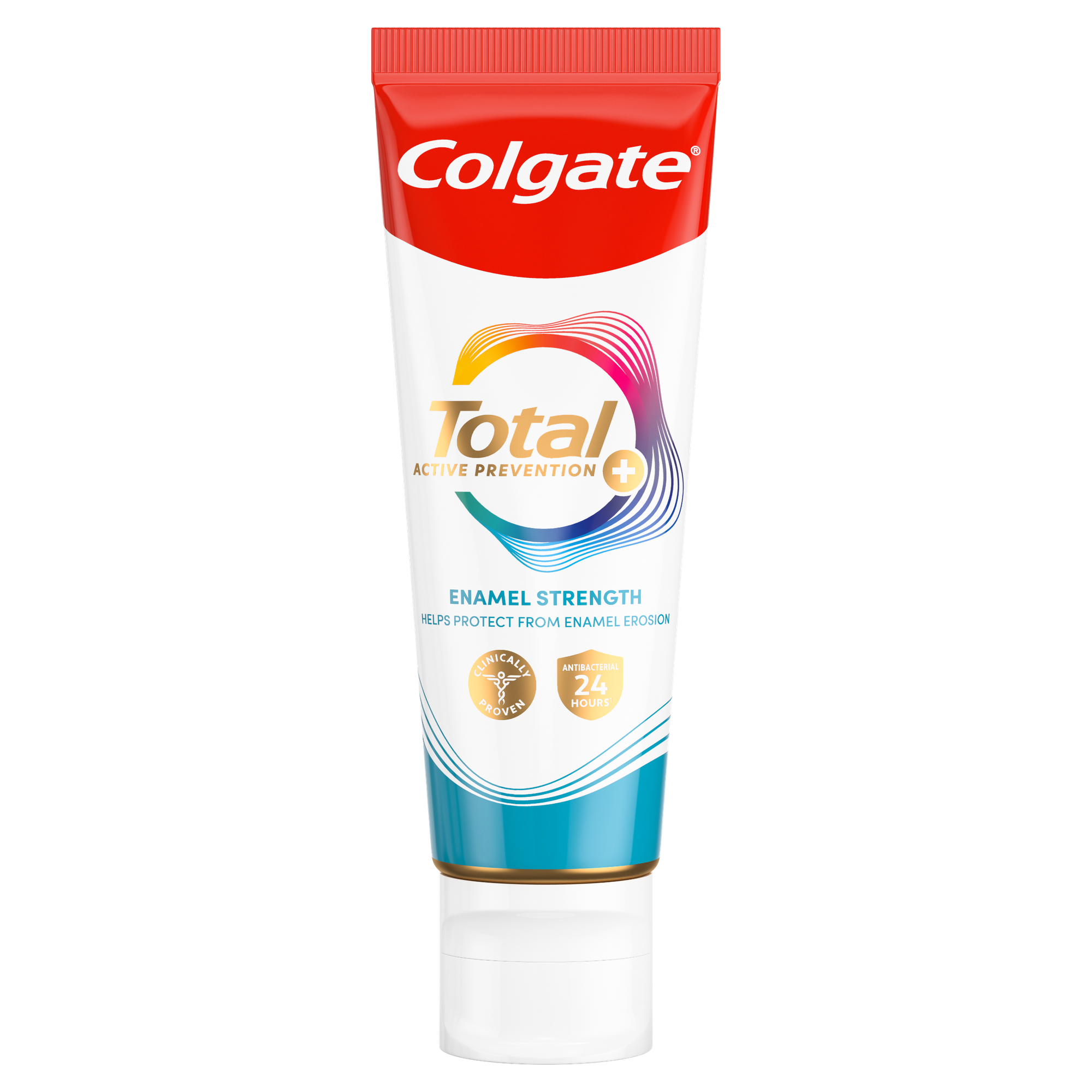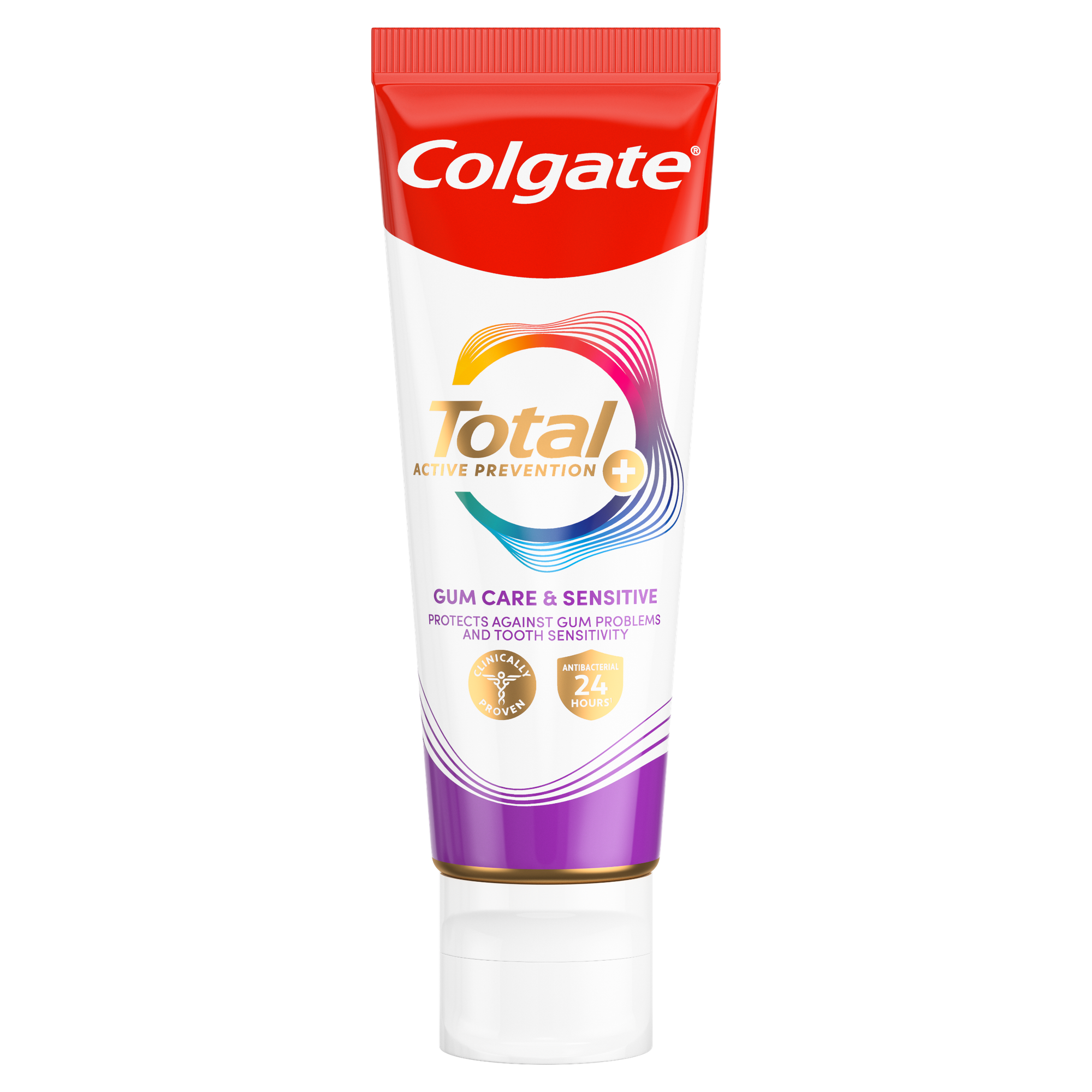How does oral health affect athletic performance?
Lifestyle, oral hygiene routines and eating habits can all be big factors when it comes to the oral problems found in athletes, and these problems can have both short and long-term effects. In the short-term, oral health problems can cause pain and discomfort or issues when eating or sleeping. Long-term problems can include things like tooth loss or an ongoing need for dental treatments. All of these things can have a negative impact on the athlete and affect their training, performance levels and overall health and wellbeing.
What are the common oral health issues among athletes?
Here are some of the most common problems athletes experience that can lead to poor oral health:
Gingivitis and periodontal disease
Gingivitis is the early stage of gum disease, while periodontal disease is severe gum disease. Athletes can be prone to these conditions because of higher levels of inflammation from increased stress levels and higher levels of cortisol in their bodies (the stress hormone). Inflammation can affect the gums and make them more susceptible to gum problems like gingivitis and periodontitis. Gingivitis can also occur from poor oral hygiene habits – this could be due to busy schedules when training or competing. Trauma to the mouth from sports like football, basketball or hockey can also make athletes more prone to gum infections and other oral diseases.
A study carried out on 399 athletes during the London 2012 Olympic Games found that 76% of competitors had periodontitis - ranging from mild to severe gum disease.
Dental erosion and sports drinks
It’s very common for athletes to drink energy or sports drinks, as many contain electrolytes and can help with rehydration. However, energy drinks are highly acidic and many contain citric acid and sugars that are very bad for your tooth enamel and can cause dental erosion. A study carried out in 2021 found that regular physical activity is associated with an increased risk of dental erosion, especially when sports drinks are drunk often. Almost half of the participants in the study who practised sports experienced dental erosion and more than 50% of those people said they regularly had energy drinks. By sipping on sports drinks frequently through a match or training session, you’re effectively bathing your teeth in acid over and over again.
Dry mouth (xerostomia)
Athletes often breathe through their mouth which can lead to a condition called xerostomia, or chronic dry mouth. Mouth breathing reduces the flow of saliva, meaning food particles can stay in your mouth for longer and create the perfect conditions for bacteria to grow.
How can athletes be proactive about their oral health?
If you take part in regular physical activity or play endurance sports and are concerned about gingivitis, dental erosion and other oral diseases, there are many things you can do to protect your teeth and strengthen your enamel. We’ve listed some key points below:
- Use a fluoride toothpaste that has been specially formulated to provide a broad spectrum of benefits - including antimicrobial protection for healthier gums, remineralisation of your tooth enamel and protection against dental erosion – for example, our Colgate Total range offers 24 hour protection for your entire mouth.
- Try to eat non-acidic foods like dairy products and fresh vegetables.
- Sugar can cause a lot of damage to enamel, so try to avoid sugary drinks and treats as much as possible and opt for a sugar-free variety of chewing gum and fizzy drinks.
- Avoid energy drinks and sports drinks as much as possible – even sugar-free varieties can be highly acidic due to the citric acid they contain.
- Drink more water and rinse your mouth to remove bacteria and food particles
- Drink through a straw and don’t swish drinks around your mouth.
- Wear a gum shield or a custom sports mouth guard to protect your teeth from unexpected knocks or injuries.
- Take a calcium supplement or multivitamin if you’re not getting enough nutrients through diet alone.
What is the role of nutrition in oral health?
An athlete's diet is one of their top priorities, it’s essential for overall health and performance, and also for oral health. The foods you eat provide nutrients and have a direct impact on your teeth and gums. A diet that focuses on whole foods will provide your body with the vitamins and minerals it needs to train and compete in sports and physical activity. A diet high in sugary and acidic foods will contribute to tooth decay and gingivitis, and have a negative impact on the rest of your body. For great dental health, an athlete’s diet should focus on foods that are high in calcium, vitamin C, vitamin D and lots of water to prevent dehydration.
Can oral health products help enhance sports performance?
The link between oral health and athletic performance is complex, with poor oral health leading to pain, inflammation, nutritional challenges and even a psychological impact that can hinder an athlete’s ability to perform at their best. Regular dental checkups and prioritising oral hygiene are essential steps for athletes to avoid these risks and enhance their overall performance and health.
Using oral health products like fluoride toothpaste, floss, interdental brushes, mouthwash and gum shields will help to keep your teeth and gums healthy while you take part in sports or regular physical activity. It’s equally important to look after your dental health and your physical health. Follow a thorough oral hygiene routine and visit your dentist regularly for checkups and professional cleaning.
ORAL HEALTH QUIZ
What's behind your smile?
Take our Oral Health assessment to get the most from your oral care routine
ORAL HEALTH QUIZ
What's behind your smile?
Take our Oral Health assessment to get the most from your oral care routine











